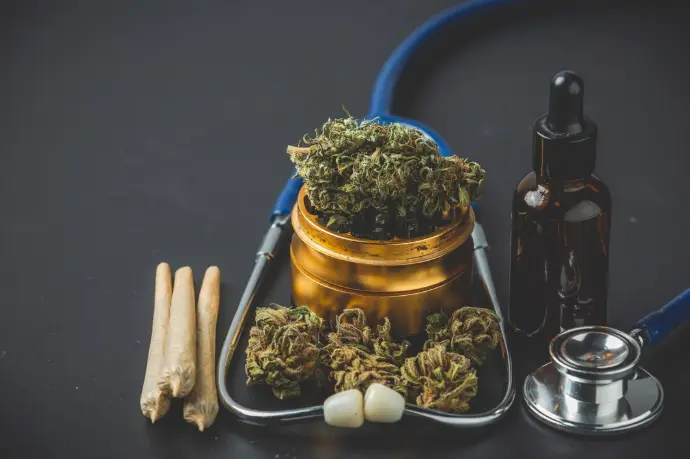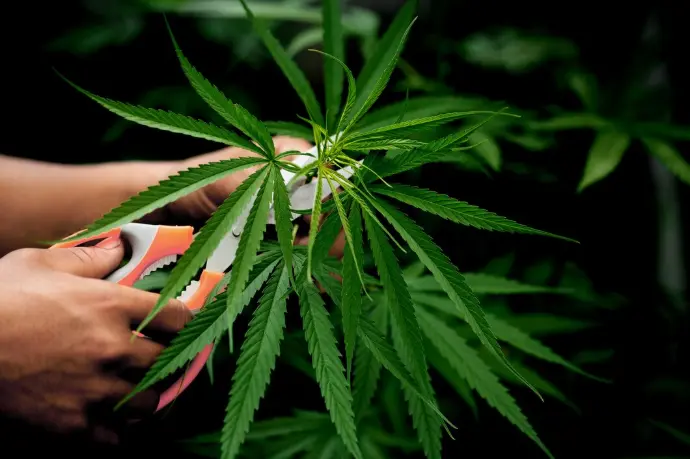For centuries, cannabis has been vilified, banned, and shrouded in misinformation. But today, the conversation is shifting—because at its core, access to cannabis is more than just a legal debate. It’s a human rights issue. From the right to health and autonomy to social justice and wellness equity, cannabis legalisation is about breaking barriers and building a fairer future. Let’s explore why denying access to this natural medicine is a fundamental violation of human rights.
The Right To Health Regarding Autonomy And Access
Health is a universal human right, enshrined in global frameworks like the Universal Declaration of Human Rights. This means individuals should have access to treatments and therapies that enhance well-being. Cannabis has been shown to offer relief for a range of conditions—from chronic pain and epilepsy to PTSD and anxiety. Yet, in many regions, restrictive laws prevent people from choosing cannabis as a treatment option.
But this isn’t just about medicine—it’s about personal autonomy. People should have the right to make informed decisions about their own health. For those who find relief in cannabis when conventional treatments fail, prohibition forces them into unnecessary suffering. Restricting access isn’t just outdated; it’s unjust.

Legal Barriers: Who Gets Left Behind?
In many places, legal barriers to cannabis access aren’t rooted in science—they stem from decades-old stigmas and misinformation. Patients in restrictive regions often turn to unregulated sources, exposing them to unsafe products. Meanwhile, wealthier individuals can afford to travel for legal access, creating a two-tiered system where privilege dictates who gets relief.
Even in legal markets, affordability remains a major issue. Medical cannabis can be costly, and many insurance providers don’t cover it. For those relying on cannabis to manage chronic conditions, financial barriers can mean choosing between health and other basic needs. True cannabis equity means not just legalisation, but policies that ensure affordability and accessibility for all.
Cannabis And Social Justice: "Righting" The Wrongs Of Prohibition
For decades, cannabis prohibition disproportionately harmed marginalised communities. Millions of people—often from lower-income or minority backgrounds—were arrested for possession, leading to cycles of poverty, restricted job opportunities, and systemic discrimination.
Legalising cannabis is a step toward justice, but it must go beyond just permitting sales. Expunging past cannabis-related convictions, providing business opportunities to those impacted by prohibition, and reinvesting in affected communities are essential. A legal cannabis industry that doesn’t address these historical injustices would be failing the very people who suffered the most.

The Current Global Perspective
While some nations like Canada, Uruguay, and parts of the U.S. have embraced cannabis legalisation, others still enforce strict bans. Patients in restrictive countries are left with few options—navigating underground markets or suffering without relief.
However, advocacy groups worldwide are working to change this. By fighting for fair cannabis policies, they aim to ensure that everyone, regardless of location, has the right to access this natural medicine. Education plays a huge role in breaking down stigma, empowering individuals to make informed choices, and pushing governments to embrace evidence-based policies.
Cannabis 101
Education is the key to breaking the stigma around cannabis! Misinformation breeds fear, but when people have the facts, they can make informed, responsible choices. THC gives you a high, while CBD keeps things calm and offers anti-inflammatory benefits. Cannabis works with your body’s endocannabinoid system, helping regulate mood, pain, and appetite, which is why it’s used for conditions like chronic pain and epilepsy. Just like alcohol or medication, moderation is essential—know the laws, avoid driving under the influence, and choose quality products. For younger generations, open, honest conversations are a must to combat misinformation and help them make smart decisions. Whether for wellness, medicine, or recreation, let’s embrace the facts and approach cannabis with knowledge and responsibility!

Conclusion
Cannabis legalisation is about more than profits and regulations—it’s about health, justice, and dignity. Restricting access denies people their right to wellness and perpetuates social inequalities. But as public perception shifts and more countries embrace change, the hope for a world where cannabis is recognised as a fundamental health and human rights issue is stronger than ever. Are you ready to be part of the change?
References
- Terpene Journey. (n.d.) Cannabis activism around the world. Available at: https://www.terpenejourney.com/posts/cannabis-activism-around-the-world (Accessed: 10 March 2025).
- My7Engines (n.d.) The right to choose: cannabis, health, and human rights. Available at: https://my7engines.com/blog/the-right-to-choose-cannabis-health-and-human-rights/ (Accessed: 10 March 2025).
The information contained in this article is for educational and informational purposes only and is not intended as health or medical advice. Always consult a physician or other qualified health provider regarding any questions you may have about a medical condition or health objectives.
Cannabis And Human Rights